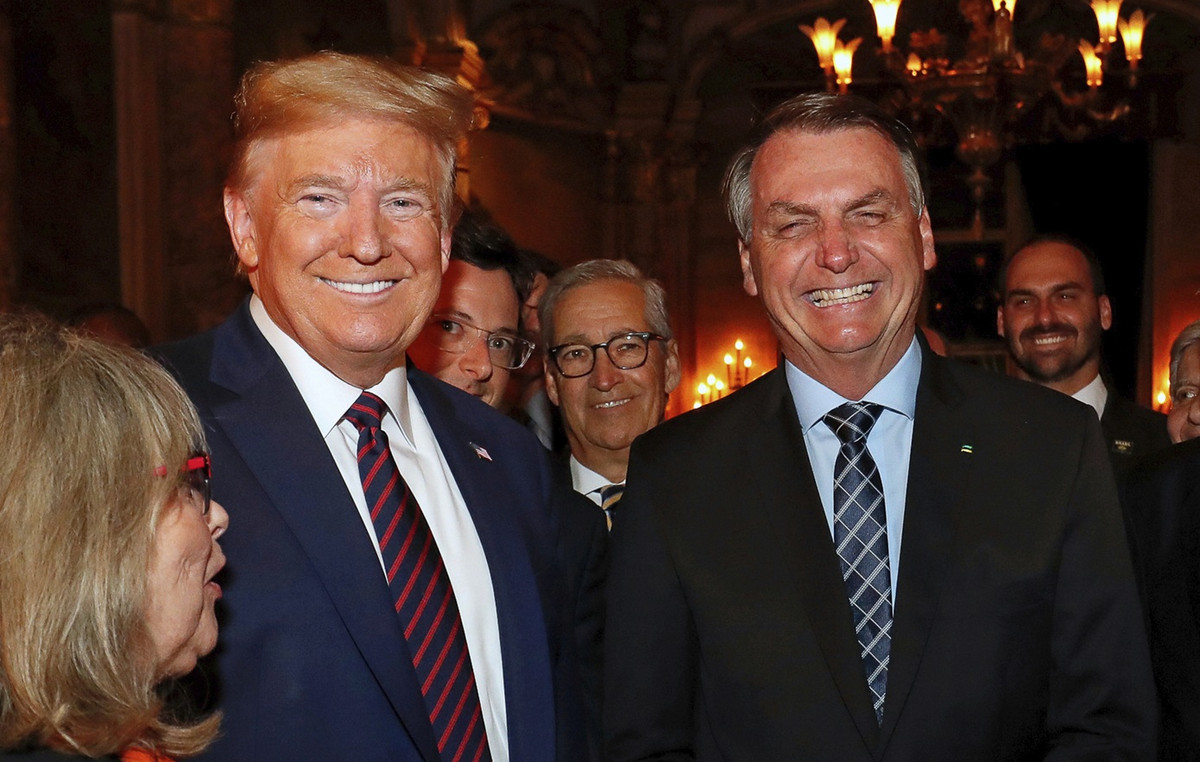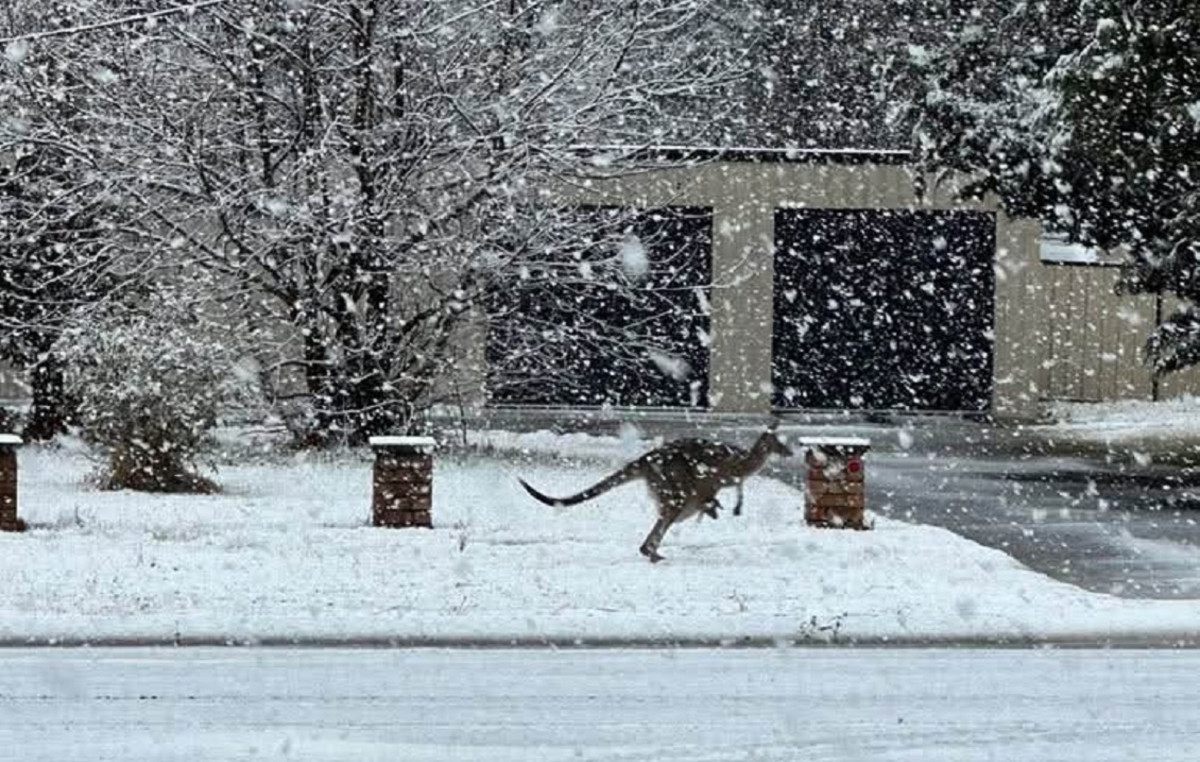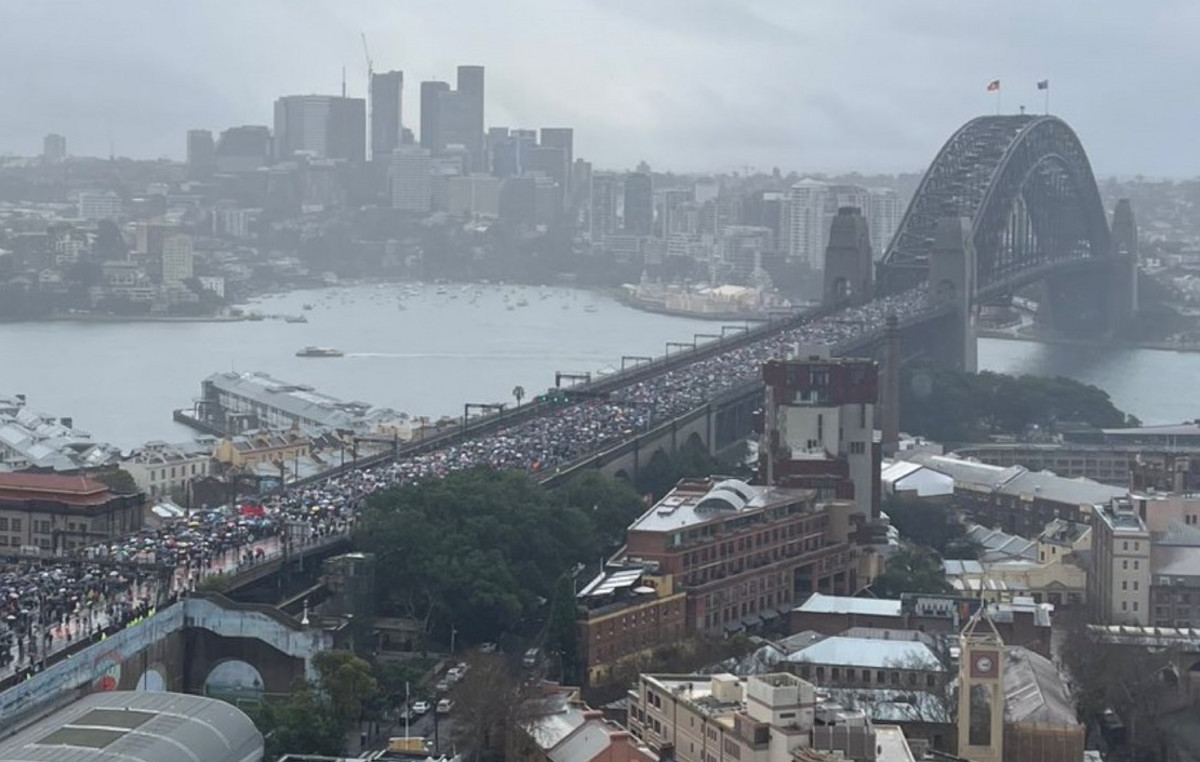Sales of fish and fish should have a drop of 20% this Easter holiday, compared to last year. According to the Brazilian Association of Fish Industries (Abipesca), the loss of purchasing power has redefined the consumption choices of families, who opt for products similar to those traditionally consumed on that date.
According to Abipesca, the consumer has opted for lower quality items, as in the case of cod, in which the sale of chips or similar species has grown – an economy that reaches 40%.
The director of Abipesca, Christiano Lobo, explains that the pessimism with sales caused 30% of the sector’s production to be stored in cold rooms, far from the reach of the consumer.
“This behavior was already felt before, even in the replacement of proteins. During Lent, the consumer did not buy as much fish as usual, resorting to chicken meat. On the other hand, classes E and D consumed more canned fish, often the only possible protein to subsidize,” he said.
Also according to the director of the Association, this is the third year of decline in sales since the pandemic. The sector expected a recovery this year, however, the impact of inflation on household consumption did not allow an increase in sales.
According to Fundação Getúlio Vargas (FGV), in addition to unemployment, the number of workers who receive up to one minimum wage has grown, while those with an income greater than one salary has suffered a sharp reduction.
Economist André Braz, from Fundação Getúlio Vargas (FGV), explains that with the decrease in average income, families will opt for cheaper products.
“As the average income has shrunk, the consumer will already find it difficult to acquire the basics, let alone a special food. The price of traditional Easter foods, such as olive oil and cod, did not even rise much in price, but they are more expensive than the average for the most common foods”, says Braz.
The specialist also points out that the increase in the cost of producing fish has been directly influenced by the increase in the price of fuel and electricity.
Data from the Brazilian Institute of Geography and Statistics (IBGE) show that inflation accumulated in the last twelve months is 11.3%. In April last year, the accumulated index was at 6.5%.
Source: CNN Brasil
I am Sophia william, author of World Stock Market. I have a degree in journalism from the University of Missouri and I have worked as a reporter for several news websites. I have a passion for writing and informing people about the latest news and events happening in the world. I strive to be accurate and unbiased in my reporting, and I hope to provide readers with valuable information that they can use to make informed decisions.







